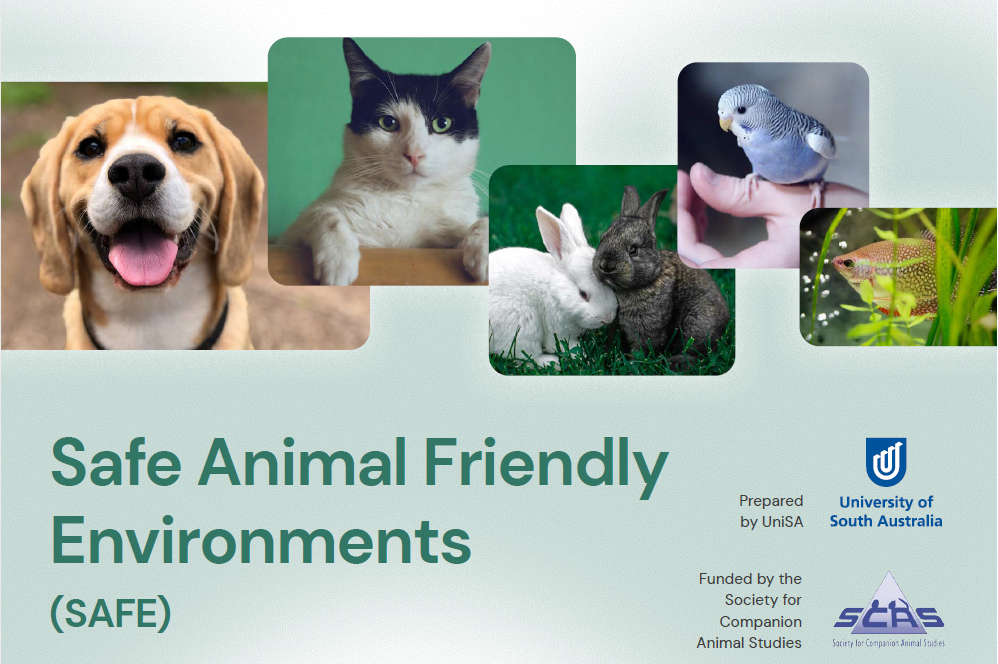 Companion animals can also play important roles in the lives of older people. They can be a source of:
Companion animals can also play important roles in the lives of older people. They can be a source of:
- Constancy and care – caring for a pet may provide a role and give a sense of purpose and structure to the day
Walking, grooming, feeding and playing with a pet can bring a sense of empowerment and an opportunity for an older person still to be in a caring and nurturing role, rather than being restricted to a ‘cared for’ role.
- Companionship and friendship – for some older people, pets may be their only friend
- Affection and unconditional love – which helps to bolster self-esteem and self-worth
- Social support – pets can act as social catalysts enabling better person-to-person interactions
- Support during a bereavement – a comforting presence at a time of loneliness and a repository for memories of the deceased spouse
Research has found that older people’s interaction with companion animals can also:
- Increase attentiveness to own self-care needs
- Increase nutritional intake in presence of a fish tank
- Increase perception of well-being
- Reduce GP consultation for minor ailments
- Reduce blood pressure (presence or stroking)
- Reduce verbal aggression and anxiety in people with Alzheimer’s disease.
Submission from The Society for Companion Animal Studies (SCAS) to the Jo Cox Commission on Loneliness: The Role of Companion Animals in Mitigating Loneliness and in Supporting Healthy Ageing
Download the Safe Animal Friendly Environments (SAFE) Tool here

